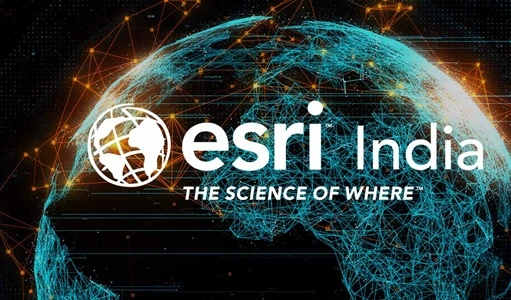In a significant move that underscores India’s growing importance in the global technology ecosystem, Microsoft CEO Satya Nadella announced on Tuesday that the company plans to invest $3 billion in artificial intelligence (AI) and cloud infrastructure in the country over the next two years. The announcement follows Nadella’s meeting with Indian Prime Minister Narendra Modi, signaling a deepened collaboration between the tech giant and one of the world’s fastest-growing digital economies.
This investment will include the establishment of new data centers across India, bolstering the country’s digital infrastructure and advancing its position as a hub for AI innovation. Speaking about the decision, Nadella emphasized India’s rapid ascent as a global leader in AI, noting that the country is unlocking unprecedented opportunities across various sectors.
“India is rapidly becoming a leader in AI innovation, unlocking new opportunity across the country,” Nadella said. “The investments in infrastructure and skilling we are announcing today reaffirm our commitment to making India AI-first, and will help ensure people and organizations across the country benefit broadly.”
Expanding India’s AI and Cloud Capabilities

India, the world’s most populous country, has emerged as a key battleground for AI development in recent years. Major U.S. tech companies, including Microsoft, Nvidia, and Meta, are increasingly focusing on the Indian market to tap into its vast talent pool and growing user base. In recent months, high-profile tech leaders such as Nvidia CEO Jensen Huang and Meta’s Chief AI Scientist Yann LeCun have visited India, further highlighting its significance in the global AI landscape.
Microsoft’s $3 billion investment aligns with the company’s broader efforts to advance AI adoption globally. Under Nadella’s leadership, AI and cloud services have become central to Microsoft’s growth strategy, driving demand for its Azure cloud platform and other AI-powered solutions. This focus on AI has also led to increased sales of the company’s cloud-based services, reinforcing their critical role in Microsoft’s business model.
Strengthening Digital Infrastructure
The planned data centers in India will pivotally support the country’s growing demand for digital services. By expanding its cloud infrastructure, Microsoft aims to empower businesses, startups, and developers to innovate at scale while meeting the stringent requirements for data security and compliance.
Nadella also highlighted the importance of skilling initiatives as part of the company’s commitment to India. The investment will include programs designed to train individuals and organizations in AI technologies, ensuring that the benefits of these advancements are widely accessible.
Microsoft’s Global AI Vision
Microsoft’s India announcement follows another major revelation by company president Brad Smith, who stated that Microsoft is on track to invest $80 billion in AI this fiscal year. This massive expenditure underscores the company’s ambition to lead the global AI revolution.
According to Smith, the investment will focus on building AI data centers, training advanced AI models, and deploying cloud-based applications worldwide. “The United States is poised to stand at the forefront of this new technology wave, especially if it doubles down on its strengths and effectively partners internationally,” Smith said in an online post.
A Strategic Bet on India
Microsoft’s $3 billion pledge reaffirms its long-term vision for India as a key player in the AI era. The collaboration between tech companies and the Indian government, coupled with investments in infrastructure and talent development, is expected to accelerate the adoption of AI technologies across industries.
With this move, Microsoft is not only strengthening its foothold in India but also setting the stage for the country to emerge as a global hub for AI innovation and digital transformation. As the world embraces the next wave of technological advancements, India’s partnership with leading tech giants like Microsoft will undoubtedly shape the future of AI on a global scale.















